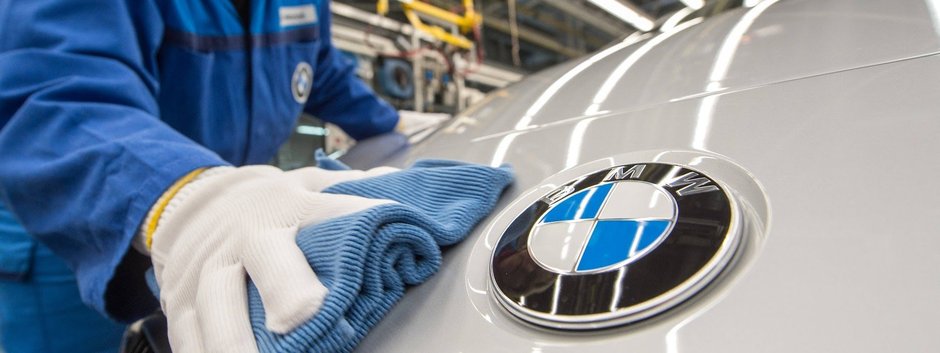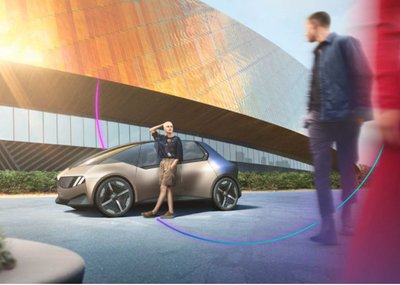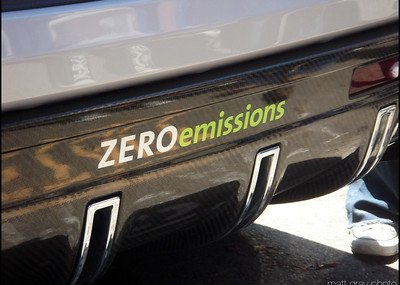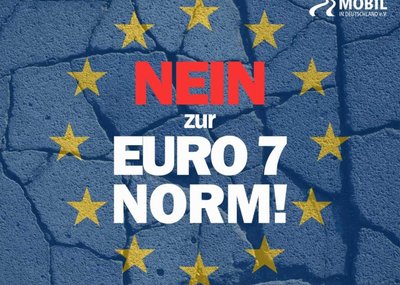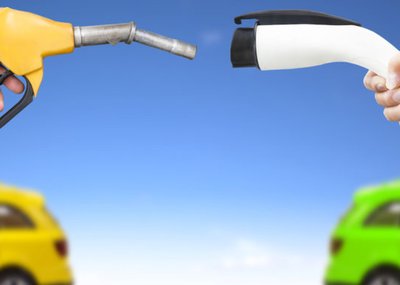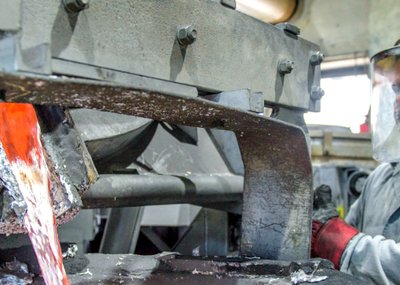BMW Works Council warns: "Unemployment like we've never had before"
BMW works council chairman Manfred Schoch has warned of the loss of countless jobs due to an EU-wide ban on gasoline and diesel cars from 2025. “We will experience unemployment like we have never had before. If the politicians pull the lever here, it will be dark in Germany, ”said Schoch on Thursday evening in Munich at a forum of the car club Mobil in Germany.
He is afraid that Berlin and Brussels will only see the issue of climate. The consequences for jobs, prosperity and individual mobility would be ignored. "I warn politicians to approach the issue of climate one-dimensionally and to gamble with prosperity in Germany," said the BMW works council chairman.
"Forbid, forbid, forbid"
The Euro 7 standard planned by the EU Commission is de facto a ban on combustion engines. Then not only would many supplier companies be out of the window: "That would be a bang for jobs that Germany has not seen before." Around five million jobs are directly or indirectly dependent on the automotive industry. “What I experience in Brussels is just forbid, forbid, forbid,” criticized Schoch. China, on the other hand, is doing industrial policy and is investing heavily in new technologies.
The President of the Association of the Automotive Industry (VDA), Hildegard Müller, rejected the EU proposals as unrealistic. Not everyone can immediately afford a new electric car, and there is also a lack of charging infrastructure. "I have the impression that our concerns are shared by the federal government," said Müller.
FDP boss Christian Lindner said that if even the Federal Environment Ministry now admits that the requirements of Euro-7 are physically not achievable, that would be a step in the right direction. The VDA wants to sell new cars - but it would be much easier to soon have the millions of cars with internal combustion engines on the streets run on climate-neutral synthetic fuels, for example made with solar power. The EU is setting the wrong incentives because it excludes e-fuels and privileges battery-powered cars.
Suggestions by the end of the year
By the end of this year, the European Commission intends to present a proposal for new rules for the future Euro 7 emissions standard, which will apply from the second half of this decade to new passenger cars coming onto the market. The aim is to further reduce the emission of air pollutants compared to the current Euro 6 standard and bring it towards zero. There is still no draft for the Commission proposal for the Euro 7 standard. In addition, the European Parliament and the Member States can make fundamental changes to the proposal before they adopt it.
Nonetheless, there was already criticism from the auto industry when an advisory committee presented two strict scenarios for the new limit values for pollutants such as nitrogen dioxide, which is harmful to health, to the Commission last year. According to the industry, these scenarios amount to a ban on petrol and diesel. The limit values provided there are so strict that they can hardly be achieved technically with internal combustion engines, or only at too high a cost. The Commission does not question this at all, but emphasizes that the panel has also drafted other milder scenarios and that these are not off the table either.
Source: dpa/hmk./magr./bee.

